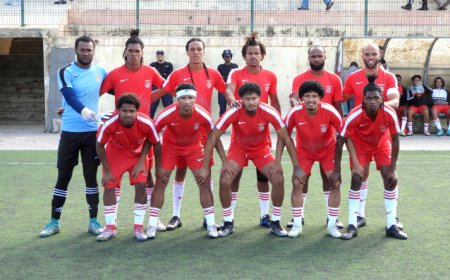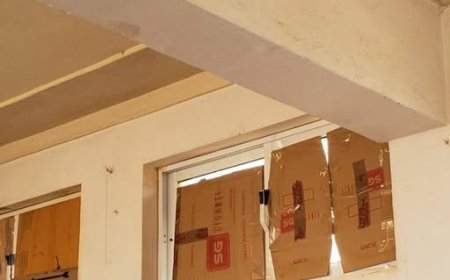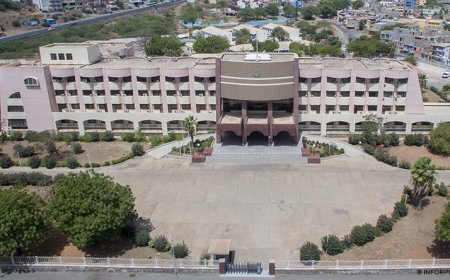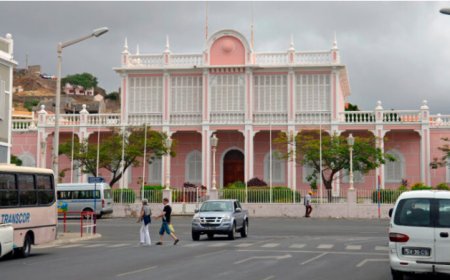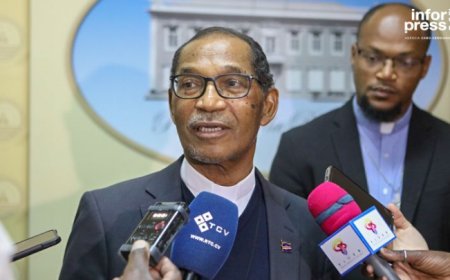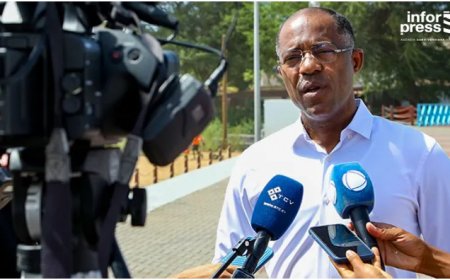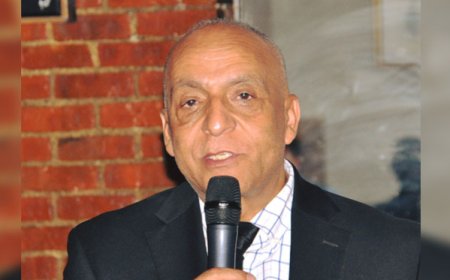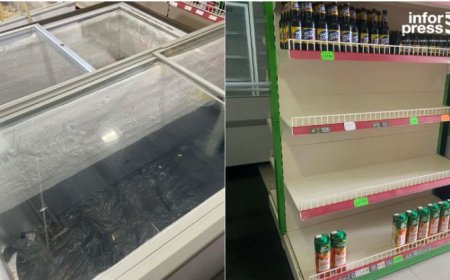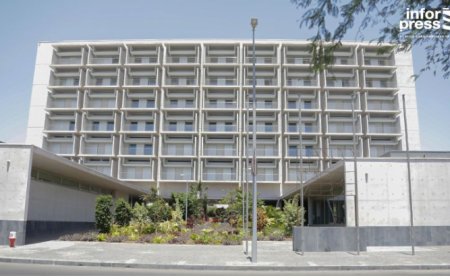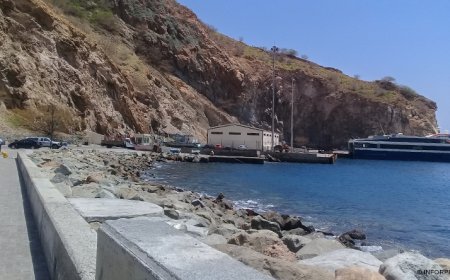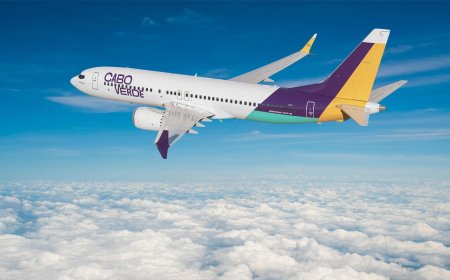Report exposes structural flaws in Cape Verdean aviation and warns that "safety is not a slogan, it's a system"
A detailed report on the state of national aviation, released recently, once again highlights the risks and weaknesses that the sector has faced for years. The document, drawn up by an expert who in 2017 had already warned of operational risks and fatigue in parliamentary inquiry sessions, reaffirms that the lessons of the past remain to be learned. The author insists: "Air safety is not protected with press releases, but with systems, data and coherent decisions."
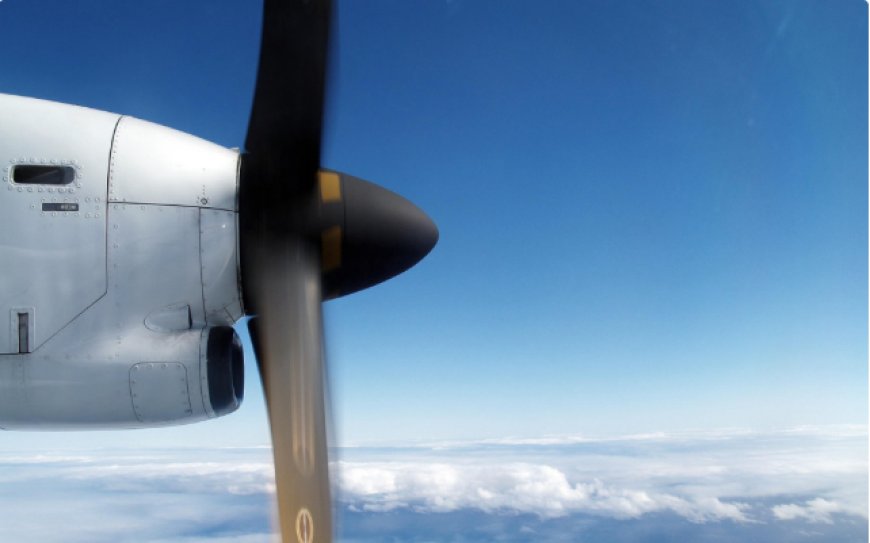
From 2017 to 2025, the report describes a succession of incidents and failures which, according to the author, reveal the absence of a solid security system:
-
Fauna and aircraft: hundreds of records of collisions with birds, especially at the capital's airport, expose a daily risk that has yet to be definitively answered.
-
Medevac and loss of life: cases of poorly managed medical evacuations, including that of a commander convicted of mission refusal, reveal coordination failures between operators and regulators.
-
Inter-island operators: the transition between companies resulted in operational failures, service interruptions and passenger complaints, culminating in the departure of one operator in 2024, leaving workers and customers aggrieved.
-
Suspension of certificate by EASA: in July 2022, the national airline had its certification suspended, only to be reinstated months later, in a process that left its mark on the sector's credibility.
-
New aircraft damaged: on its very first medical mission, a newly acquired aircraft suffered serious damage in a rough landing, exposing operational flaws whose investigation remains unfinished.
The report recalls that in-flight engine shutdowns (In-Flight Shut Down) are known events in aviation, but with the current reliability of technology and maintenance systems, they should be considered serious failures. IATA's global average in 2023 was 0.80 accidents per million flights, with only one fatality - a figure that confirms that "safety is a system", not improvisation.
According to the author, accepting recurring incidents as "normal" is a mistake. "There were faults somewhere in the system, apart from the engine, which need to be investigated," he adds.
One of the central points of the report is the denunciation of an organizational culture without clear accountability. Among the factors pointed out are:
Lack of accountability: lack of accountability undermines trust and compromises operational management. Neglected training: technicians working without proper preparation, increasing risks. Insufficient resources: financial constraints prevent regular replacements and inspections, increasing the likelihood of incidents. ACMI contracts: excessive use of leased aircraft and crews, without adequate oversight, creates operational and legal risks. Poor SMS management: critical positions held by people without in-depth knowledge of the Safety Management System, turning it into a mere documentary formality. Another sensitive point is the management model that has allowed the creation of a "Guest Operator" company operating under the certificate of a "Host Operator". For the author, this design dilutes responsibilities, creates governance conflicts and further weakens the security system.
The report recognizes that the country maintains Category 1 in international standards, but warns that preserving the status should not be confused with real quality. It calls for technical competence on the part of those responsible, transparent contracts and firm supervision. "Tolerating improvisation compromises the credibility of the system and puts the country's other players at risk," the document reads.
The report closes with a clear message: without a true culture of responsibility, national aviation will remain vulnerable to crises and accidents. "Without robust SMS, competent post holders, firm regulation and independent operators, the flags of 'hub' and 'flag carrier' are just slogans - not systems."
MS





